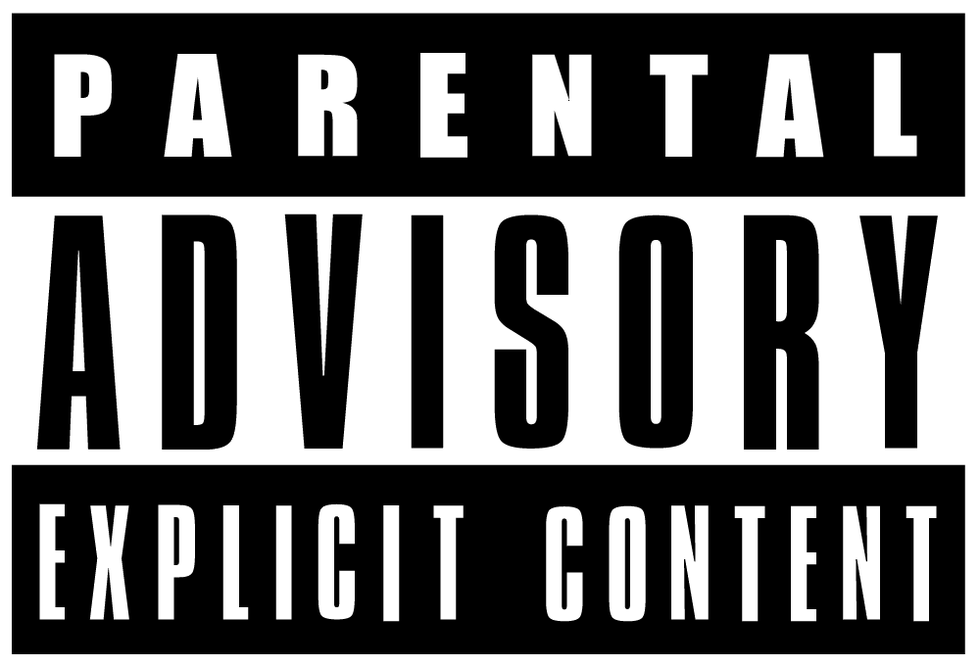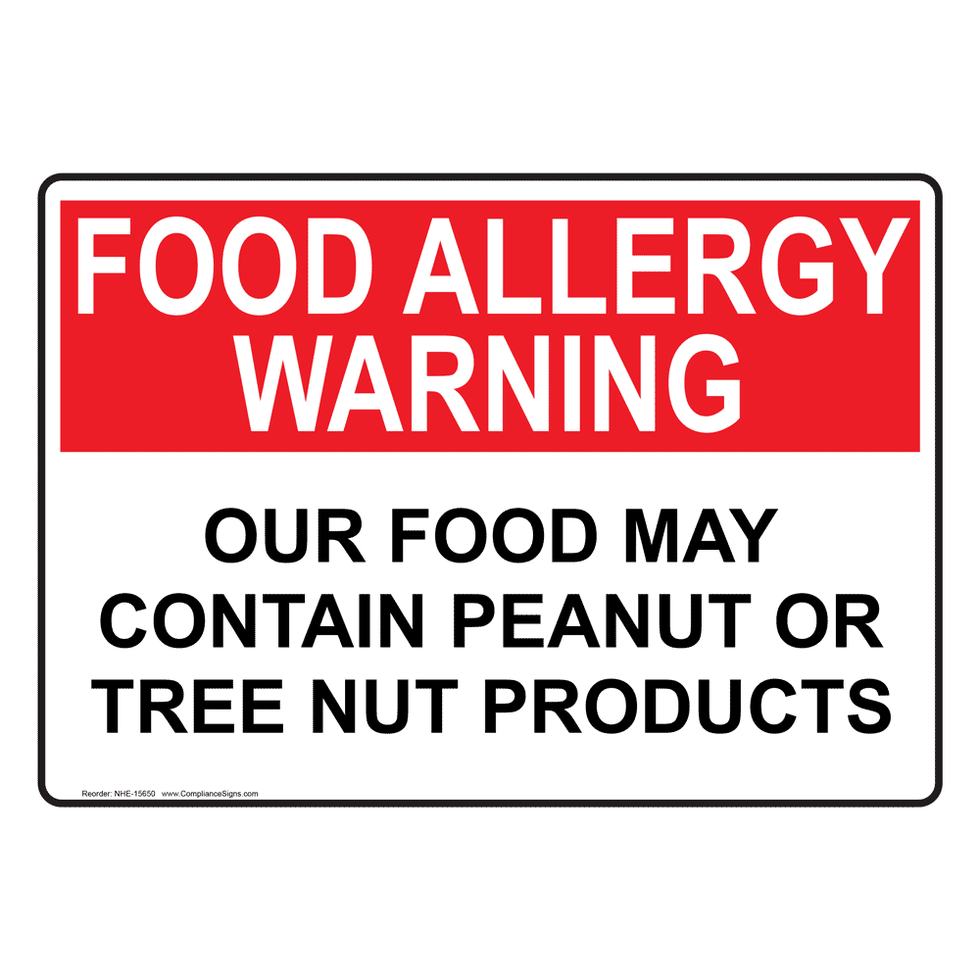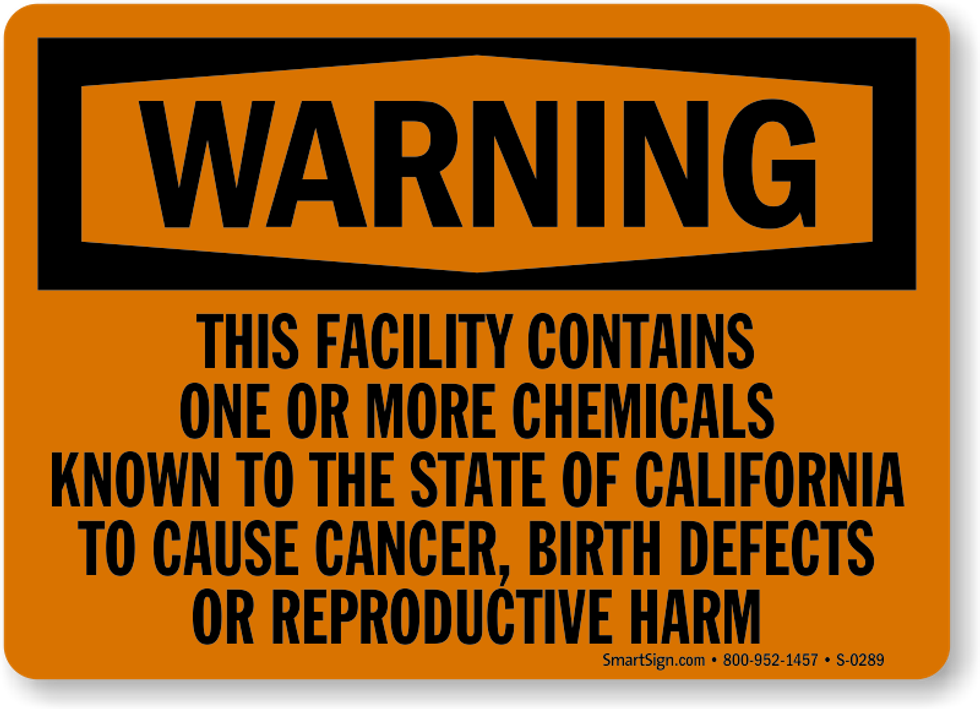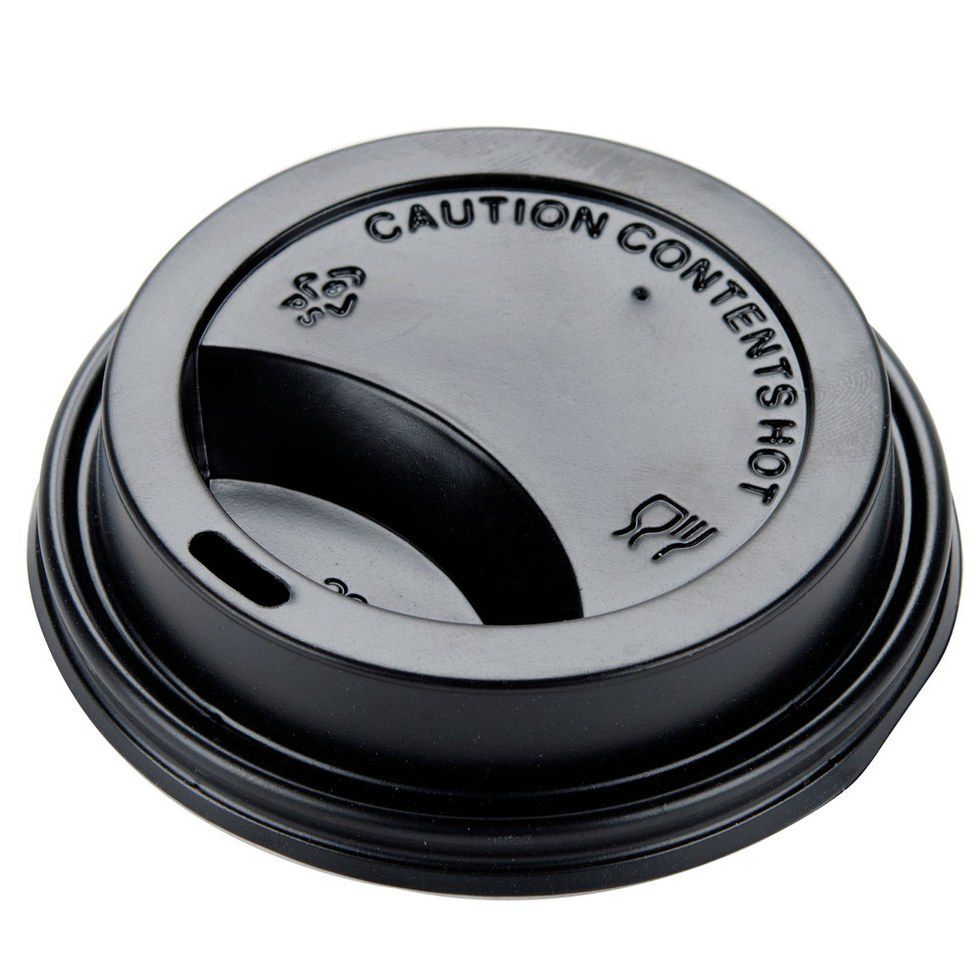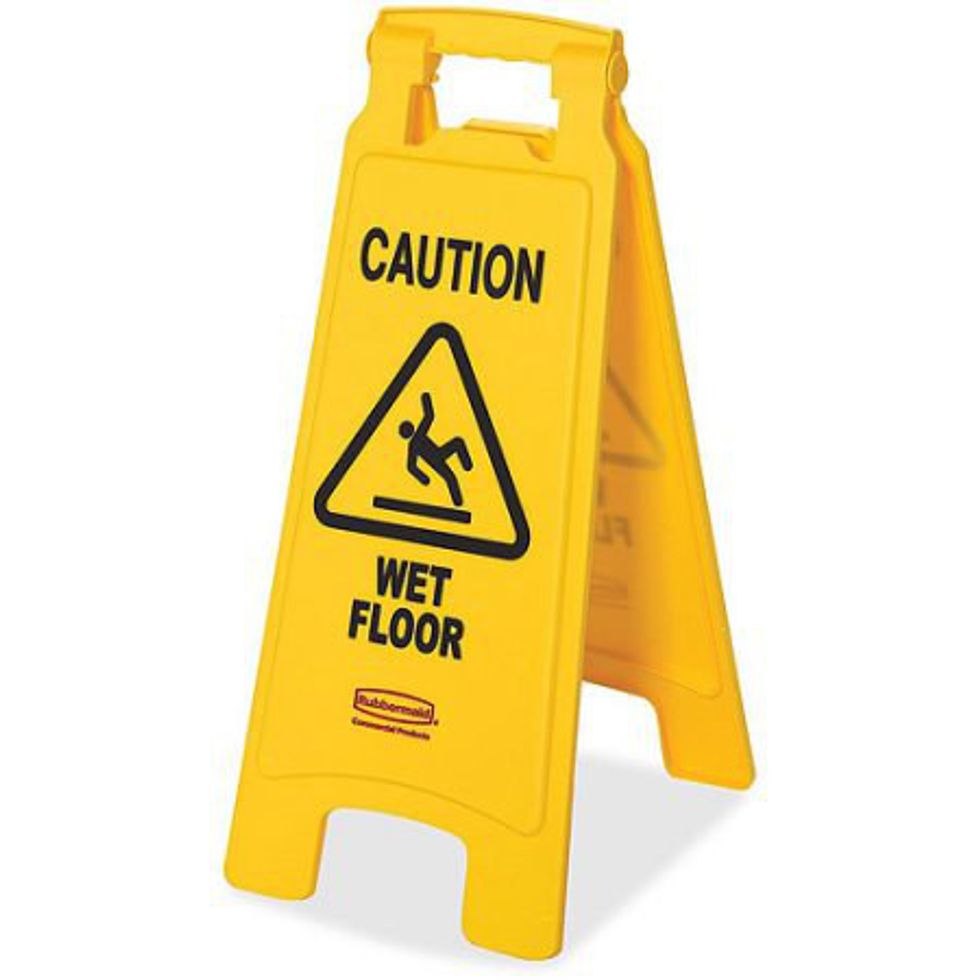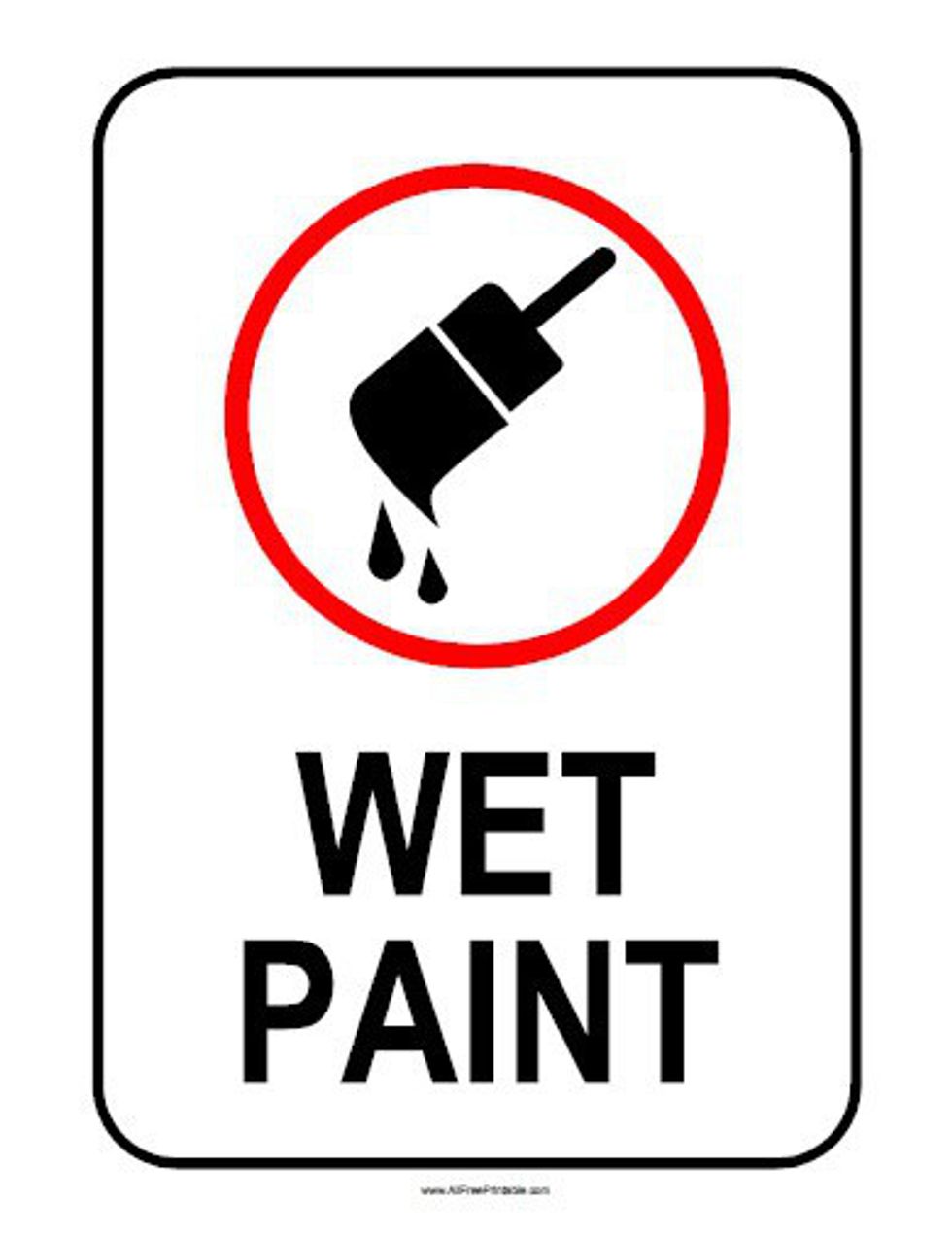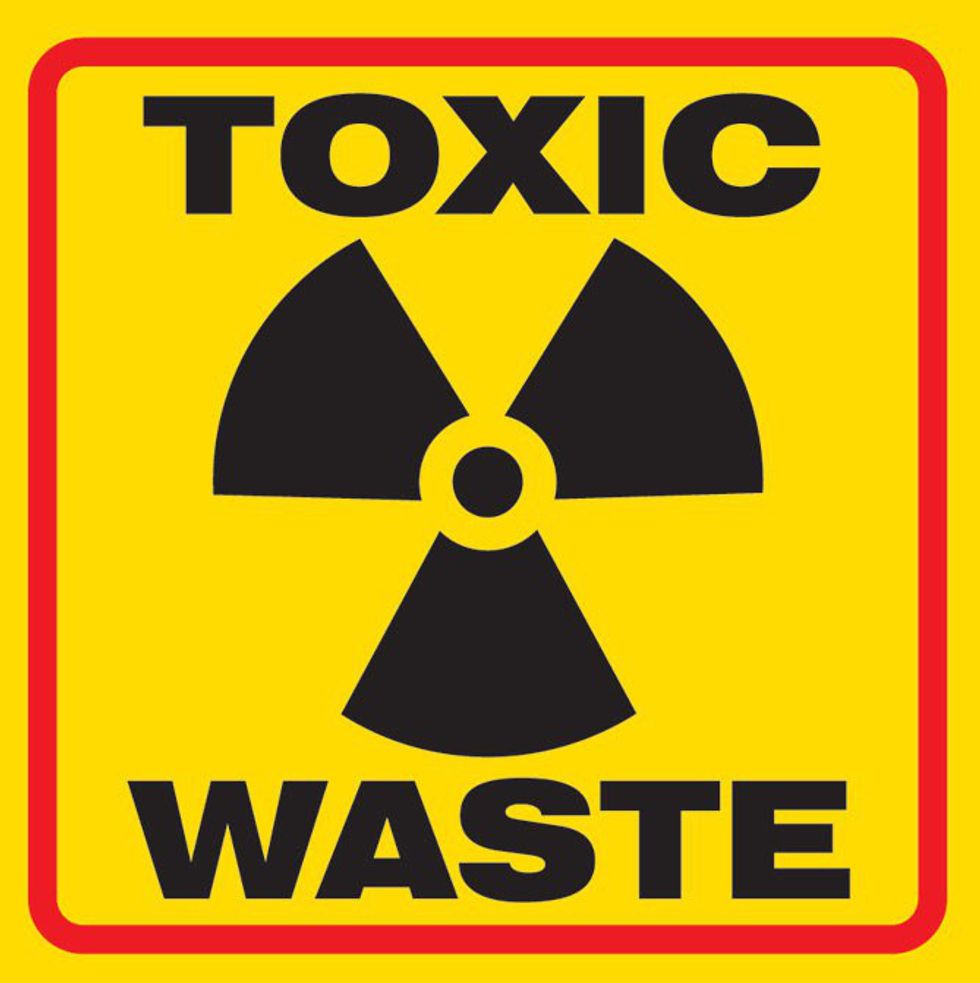Life doesn't come with trigger warnings!
If you've ever tried to explain trigger warnings to someone, you've probably heard the following argument before. For those who don't already know, a trigger warning is ideally something placed before a blog post, video, or any form of media content that may trigger panic or severe discomfort in someone who has undergone a traumatic experience. Seems pretty reasonable right? Well apparently, not for everyone.
Lately "trigger warnings," and "triggered," have become synonymous with being a so-called oversensitive, special snow-flake millennial. People seem to associate trigger warnings with a sense of entitlement and an excuse for young people to avoid things that make them mildly uncomfortable (despite the fact that there is no age limit on trauma). This is not the case. Usually trigger warnings are requested before showing/discussing instances of sexual violence or any kind of assault. However, triggers can also come out of the blue. Because every instance of sexual assault is different, every victim experiences different triggers such as smell, sounds, or maybe seeing someone who looks similar to their attacker. Of course there is no way of telling when someone will actually be triggered. Suffering from PTSD is much more complicated than that. Many victims go through their day to day life and never know when something will trigger disturbing memories or thoughts. Sometimes panic attacks occur without any noticeable trigger at all. However, when it comes to blatant references to assault and violence, it's pretty easy to avoid and the simple fact of the matter is we do have trigger warnings in real life. Just not for mental health. Here are some examples you've probably come across before.
1. Does this "trigger warning" look familiar?
2. Surgeon General warning? More like surgeon sissy!
Why would you warn someone of something that could harm their body, but not their mind?
3. Food Allergy Warnings
Do I have nut allergies? No. Am I going to give my friend with a nut allergy a peanut butter cookie without telling them what's in it? Of course! People with nut allergies are just too damn sensitive! They would never survive in the "real world"!
4. Well isn't that nice to know!
5. Pretty sure we've all seen this one
6. Oh that's right!
7. Wet Paint
So we'll warn people if they might get their shirts dirty, but not if we're about to discuss emotionally sensitive and traumatic material?
8. Toxic waste? Of course! Toxic rape culture? Not my problem
9. So long as the deer are alright!
10. And of course, always warn people of food poisoning
In a sense, life has "trigger warnings" for the most mundane of mishaps. If we took mental health as seriously as physical health, it would make perfect sense to warn people if and when they might come in contact with sensitive material. And yes, you can't possibly know everything that might trigger a person. That is one of the greatest challenges in living with PTSD. But, at the very least, we can make some courteous, common sense decisions. You never know what someone else has been through.




